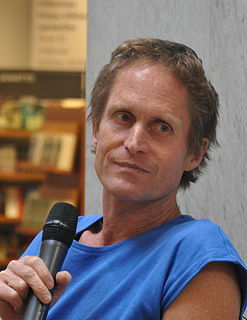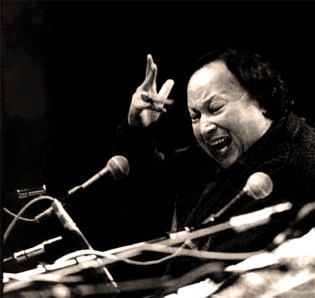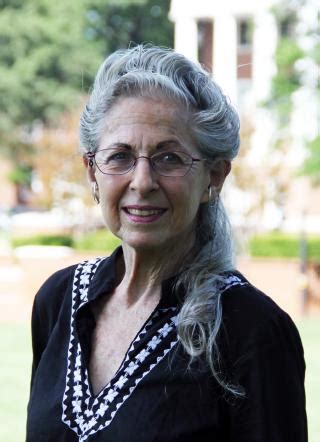A Quote by Frank Capra
Film is one of the three universal languages, the other two: mathematics and music.
Quote Topics
Related Quotes
I work in Hebrew. Hebrew is deeply inspired by other languages. Not now, for the last three thousand years, Hebrew has been penetrated and fertilized by ancient Semitic languages - by Aramaic, by Greek, by Latin, by Arabic, by Yiddish, by Latino, by German, by Russian, by English, I could go on and on. It's very much like English. The English language took in many many fertilizations, many many genes, from other languages, from foreign languages - Latin, French, Nordic languages, German, Scandinavian languages. Every language has influences and is an influence.
...mathematics is distinguished from all other sciences except only ethics, in standing in no need of ethics. Every other science, even logic, especially in its early stages, is in danger of evaporating into airy nothingness, degenerating, as the Germans say, into an arachnoid film, spun from the stuff that dreams are made of. There is no such danger for pure mathematics; for that is precisely what mathematics ought to be.
It is amusing to discover, in the twentieth century, that the quarrels between two lovers, two mathematicians, two nations, two economic systems, usually assumed insoluble in a finite period should exhibit one mechanism, the semantic mechanism of identification - the discovery of which makes universal agreement possible, in mathematics and in life.
Besides language and music, it [mathematics] is one of the primary manifestations of the free creative power of the human mind, and it is the universal organ for world understanding through theoretical construction. Mathematics must therefore remain an essential element of the knowledge and abilities which we have to teach, of the culture we have to transmit, to the next generation.





































